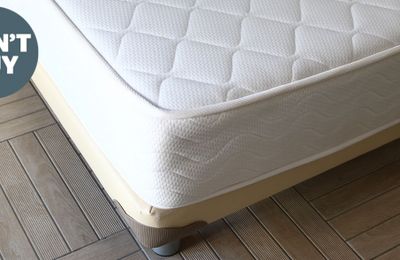By clicking a retailer link you consent to third-party cookies that track your onward journey. This enables W? to receive an affiliate commission if you make a purchase, which supports our mission to be the UK's consumer champion.
5 things I'd never do as a mattress expert
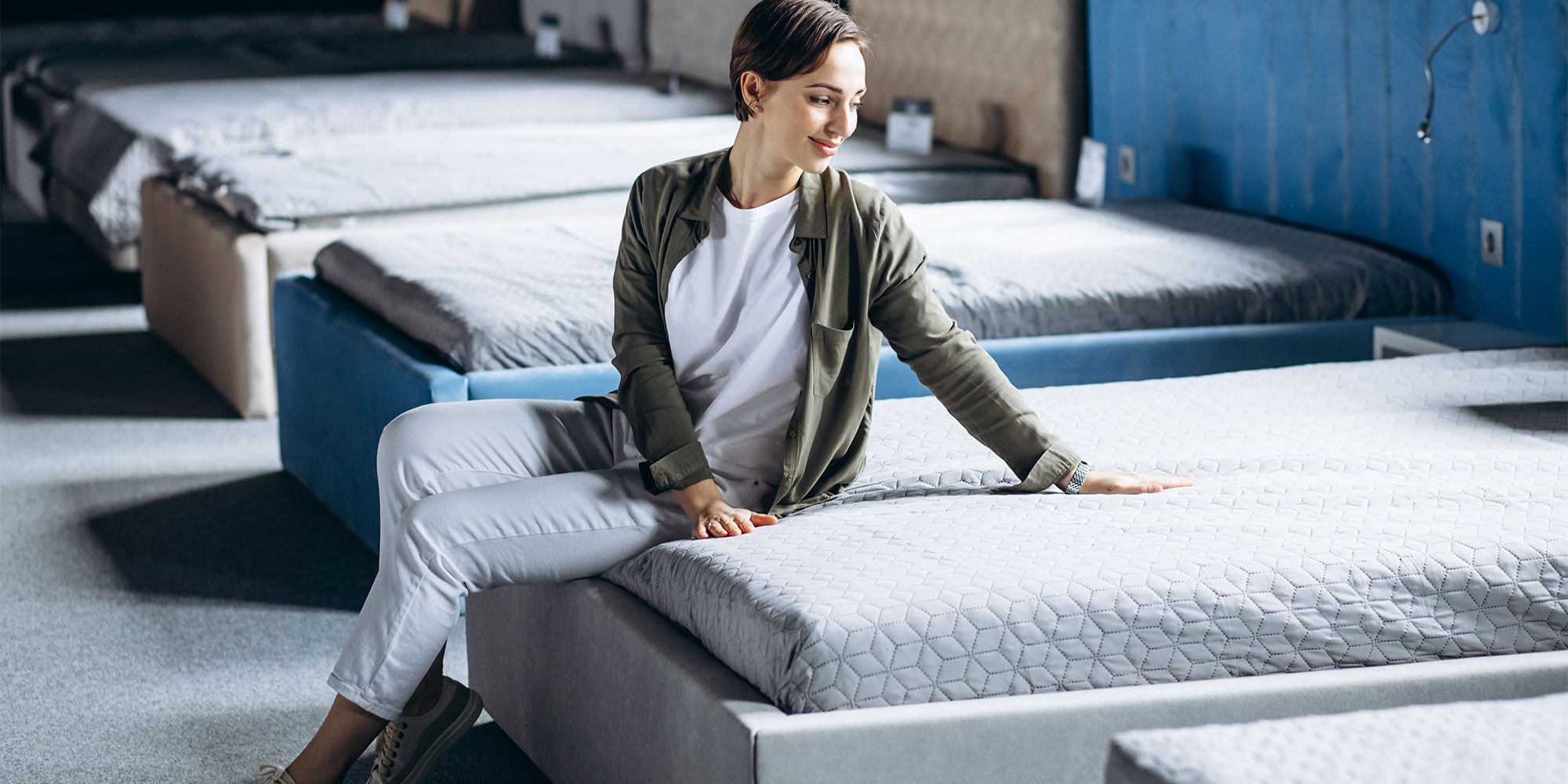
At Which?, we’ve tested everything from the top luxury mattress brands to the most wallet-friendly options. But as the Which? mattress expert, I've learned that spending more doesn’t always guarantee quality.
I’ve also learned how to avoid the common pitfalls of mattress-buying.
Read on for my top tips on what to look for - and more importantly, what to avoid.
Use our expert mattress reviews to help find your perfect match
1. Sleep on a mattress that's more than 10 years old
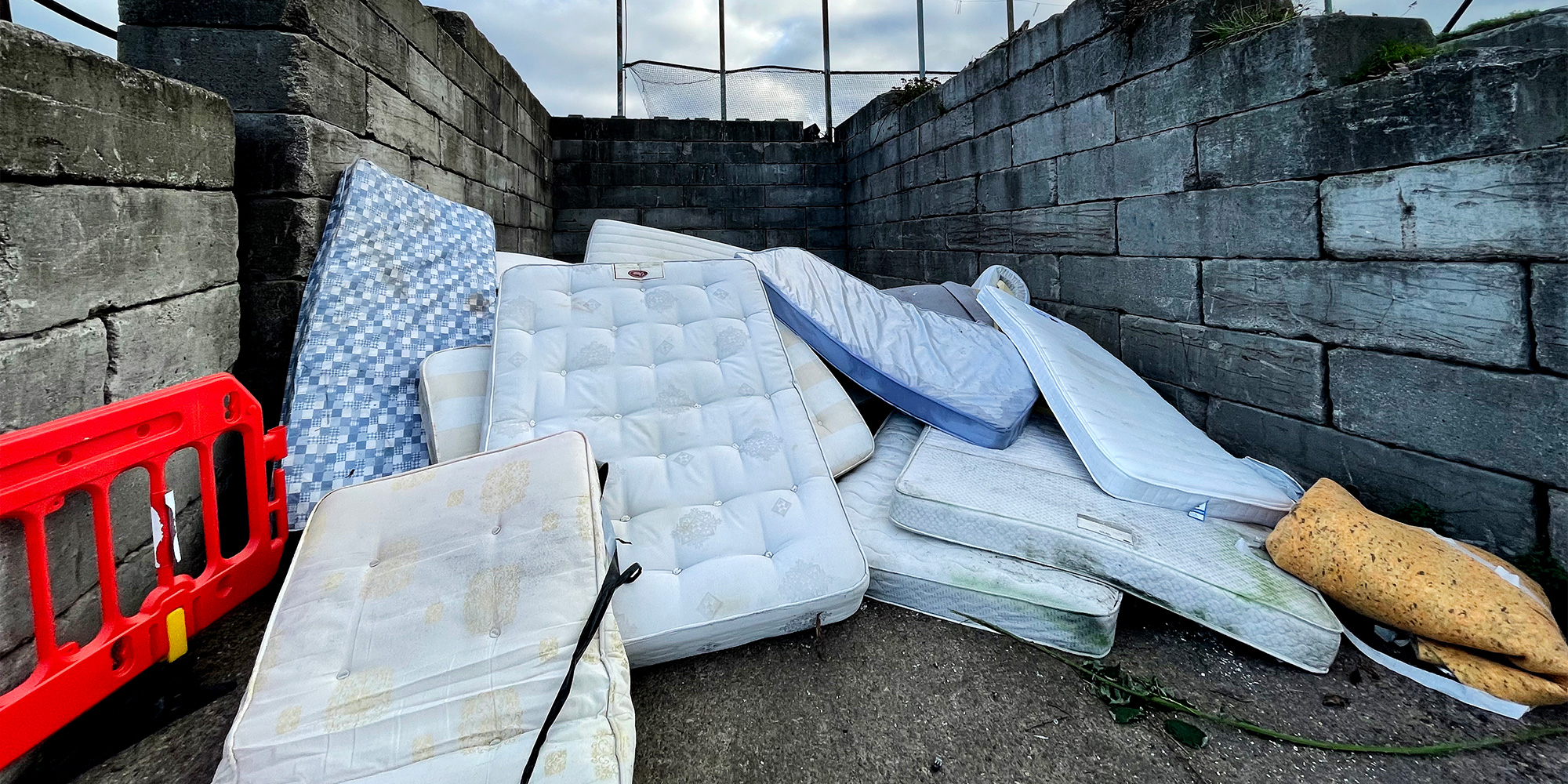
At Which? we recommend you replace your mattress every eight to 10 years, although almost half of our members say they keep theirs longer. But while a new mattress can be a big hit to your wallet, there are good reasons not to hang on to an old one for too long.
If you average seven hours in your bed per night, over a decade you are looking at 25,550 hours of use. All those horizontal hours contribute to natural wear and tear on a mattress. You might start to notice visible signs, such as springs or foam poking out, but also more subtle ones that are easy to miss. Your mattress may sag or soften in places, giving you uneven support and affecting your comfort at night.
Your mattress also absorbs a large amount of body moisture and dead skin cells. According to The Sleep Charity we lose around half a pint of fluid every night in sweat, and shed a pound (453g) of dead skin a year, creating great conditions for dust mites to thrive. All excellent reasons to invest in a new mattress.
Whether you’re looking for pocket sprung, memory foam, luxury or budget, see how the best mattresses performed in our rigorous tests
2. Impulse buy a mattress in the sales
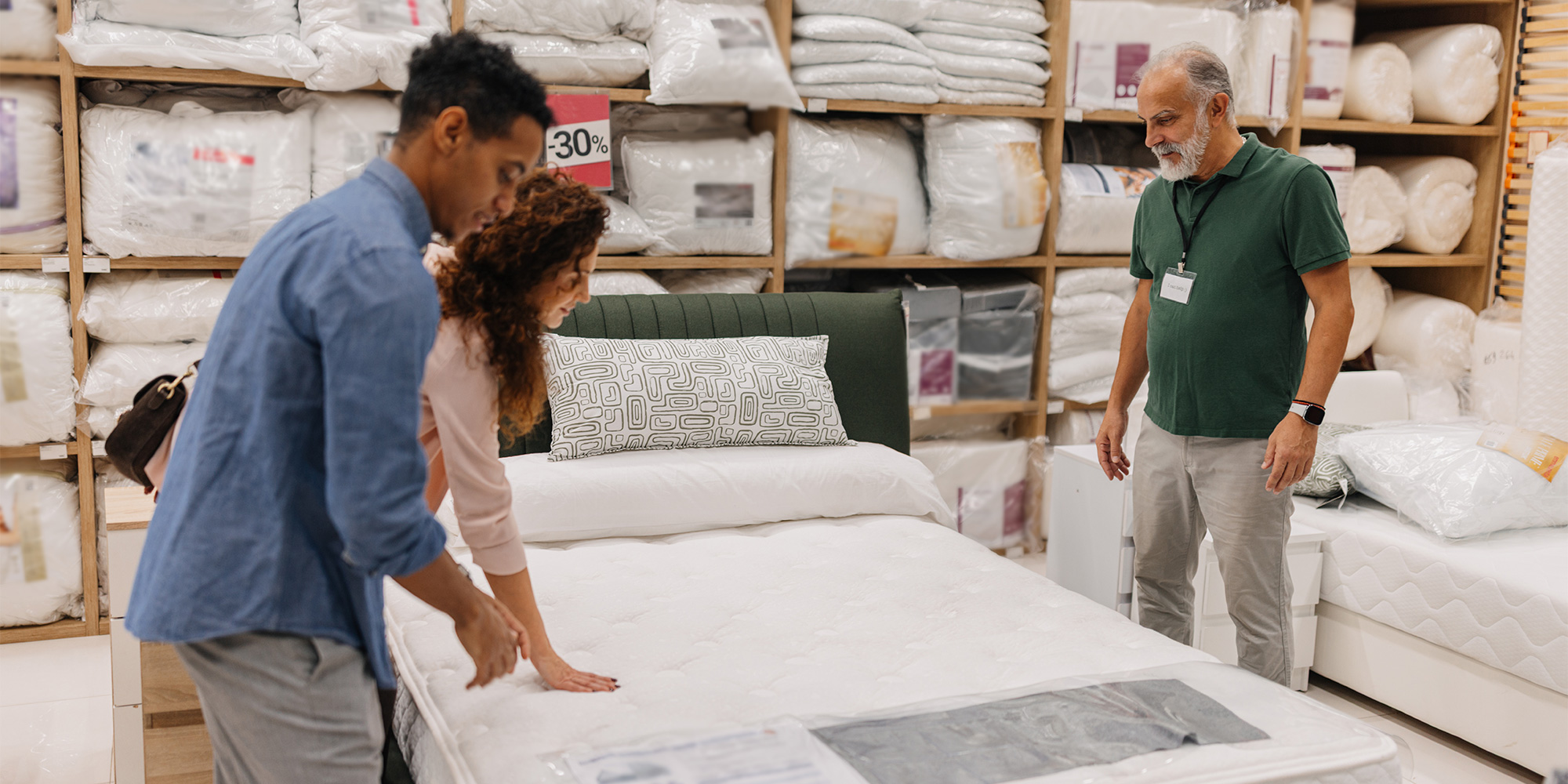
Horrified by the invisible contents of your mattress? Don’t rush out and buy a new one on impulse - it’s worth taking the time to get a new purchase right. You don’t want to pay the price with sleepless nights.
Mattress sales and deals pop up all the time, so it can be hard to work out the best time to buy or if a deal is genuine. Our mattress sales investigation revealed that some companies use pressure-selling tactics, implying that offers are only for a limited time, when that is not always the case.
Use our mattress reviews and advice guides to whittle down your options, and if you see a mattress you like, at a price you don’t, bide your time. With the help of Which?, you'll know when a deal really is worth snapping up.
Check for genuinely good prices and offers in our guide to the best mattress deals
3. Gloss over your mattress guarantee

Carefully check the T&Cs of any mattress guarantee before you buy because not all are created equal. Be aware that guarantees for different mattresses might vary even within the same brand, and the time period of the guarantee may be different, too.
Some guarantees only cover specific issues, such as problems with springs or stitching. Many won't cover problems caused by you mishandling the mattress or cleaning it incorrectly.
Small print provisos can take you unawares - for example, did you know you might void your guarantee if you use your new mattress on the wrong type of bed frame, or on a bed base that has slats greater than a specific distance apart? Some companies also specify a maximum weight limit in their guarantees - for example, Eve mattresses state a 20 stone/130kg limit.
Sleep trials are popular as they let you test a mattress for as many as 365 nights, with the option to return it. But while some trials offer free returns for a full refund, others only offer an exchange or an upgrade. Some retailers charge for collection. Many state you must use a mattress protector for the duration of the trial, and won’t - quite understandably - accept a soiled mattress back.
Remember that a warranty or guarantee doesn't replace your statutory rights.
More reading: 5 things you should know about mattress guarantees
4. Buy a mattress because the label says it's 'orthopaedic'

Back pain is a common ailment in adults. Sadly, 44% of Which? members tell us they suffer from it. Given how long we spend lying down, it's natural to assume a new mattress could help, but this isn't always the case.
We often see mattresses labelled as ‘orthopaedic’ or with medical-sounding prefixes such as ‘chiro’ and ‘physio’, but unless it's backed by evidence, this is simply marketing hype. Just because a mattress has these labels doesn’t mean it will be good for your back.
Instead, we suggest you choose a mattress that's proven to provide long-lasting support for your spine in your favoured sleeping position, like some we uncover through our testing.
Which? mattress scores are made up of dozens of individual tests and checks, from key factors such as body support, pressure distribution and durability, to breathability and stability, so we can help you make the right choice.
If you suffer from back pain, your first port of call should always be your GP, physio or chiropractor.
Can't get comfortable at night? Check out our guide to the best mattresses for back pain
5. Blow your budget
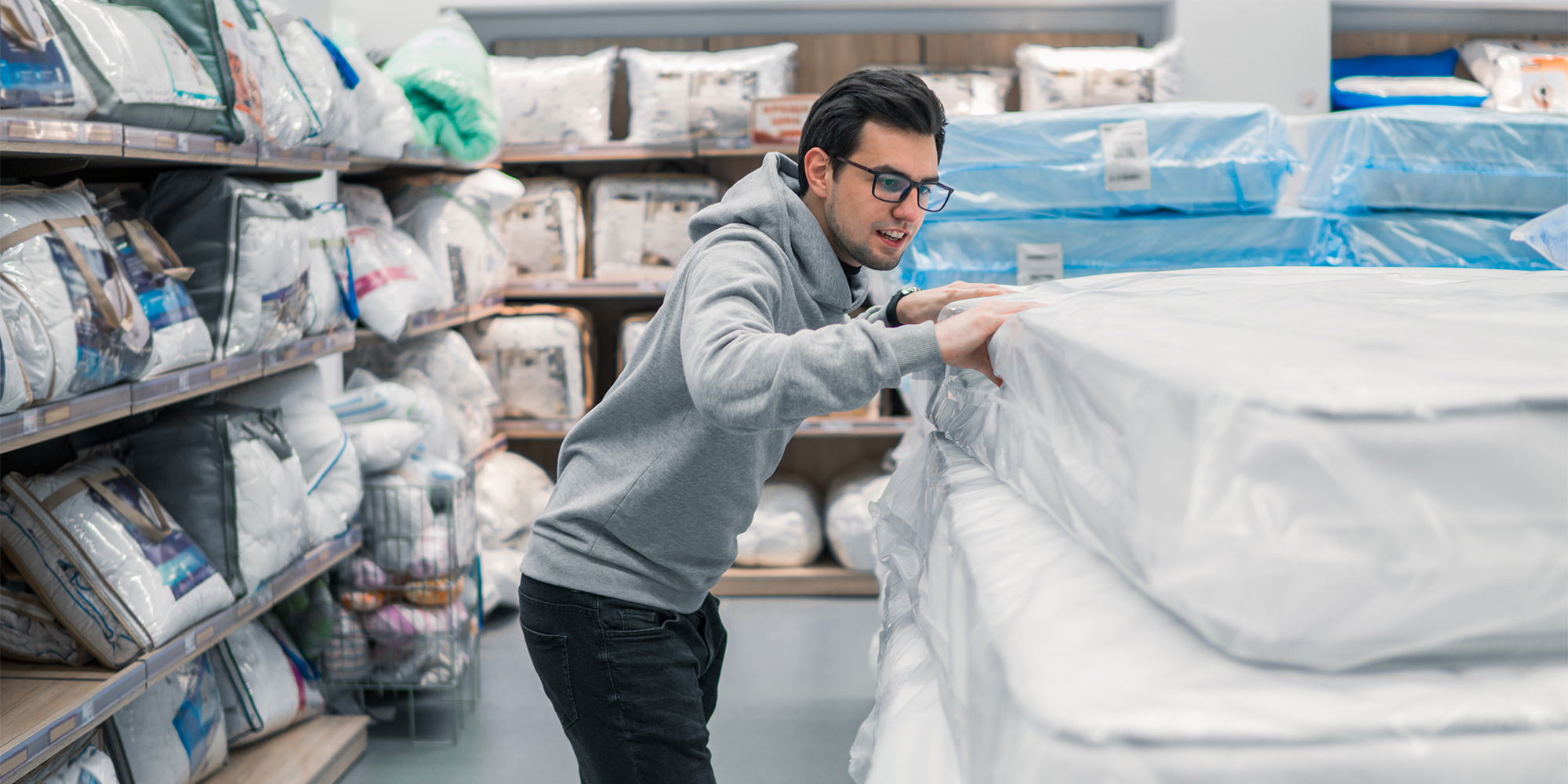
A good night’s sleep is big business. We've seen some hybrid mattresses that cost more than £3,000. But splashing out doesn’t always mean superior quality.
If you have a larger budget, you'll arguably have more choice, but if you are on a limited budget and fear you are missing out – don’t worry. Some of our Best Buys cost under £200. We've lab tested mattresses for more than 50 years, so we know a good one when we see one.
On a budget? See our guide to the 5 most popular Ikea mattresses
Why you can trust our mattress reviews
The right mattress is essential for a good night’s sleep, so you are almost certainly going to read product reviews before you buy. But who to trust?
Which? is a not-for-profit consumer champion – we work for our members, not brands or advertisers. We buy every one of the products we test ourselves, and we don't accept freebies from product manufacturers or retailers in return for favourable reviews. Nor do we simply have a few testers sleep on our mattresses and give us their subjective opinion. We test each mattress scientifically in a lab.
This consistency of testing and lack of bias means you can easily compare products across brands and ranges, so you can avoid costly mistakes and make the right choice the first time.

With over two decades of rigorous testing experience, Which? Principal Researcher Lisa Galliers is a veteran consumer advocate. Since 2020, she has led our mattress category adding over 450 in-depth reviews to which.co.uk. From decoding complex sleep trials to uncovering the secrets of best mattress deals, Lisa cuts through the marketing hype to ensure members find the best mattresses without compromising on sleep quality or value.
Find out more about how we test mattresses




